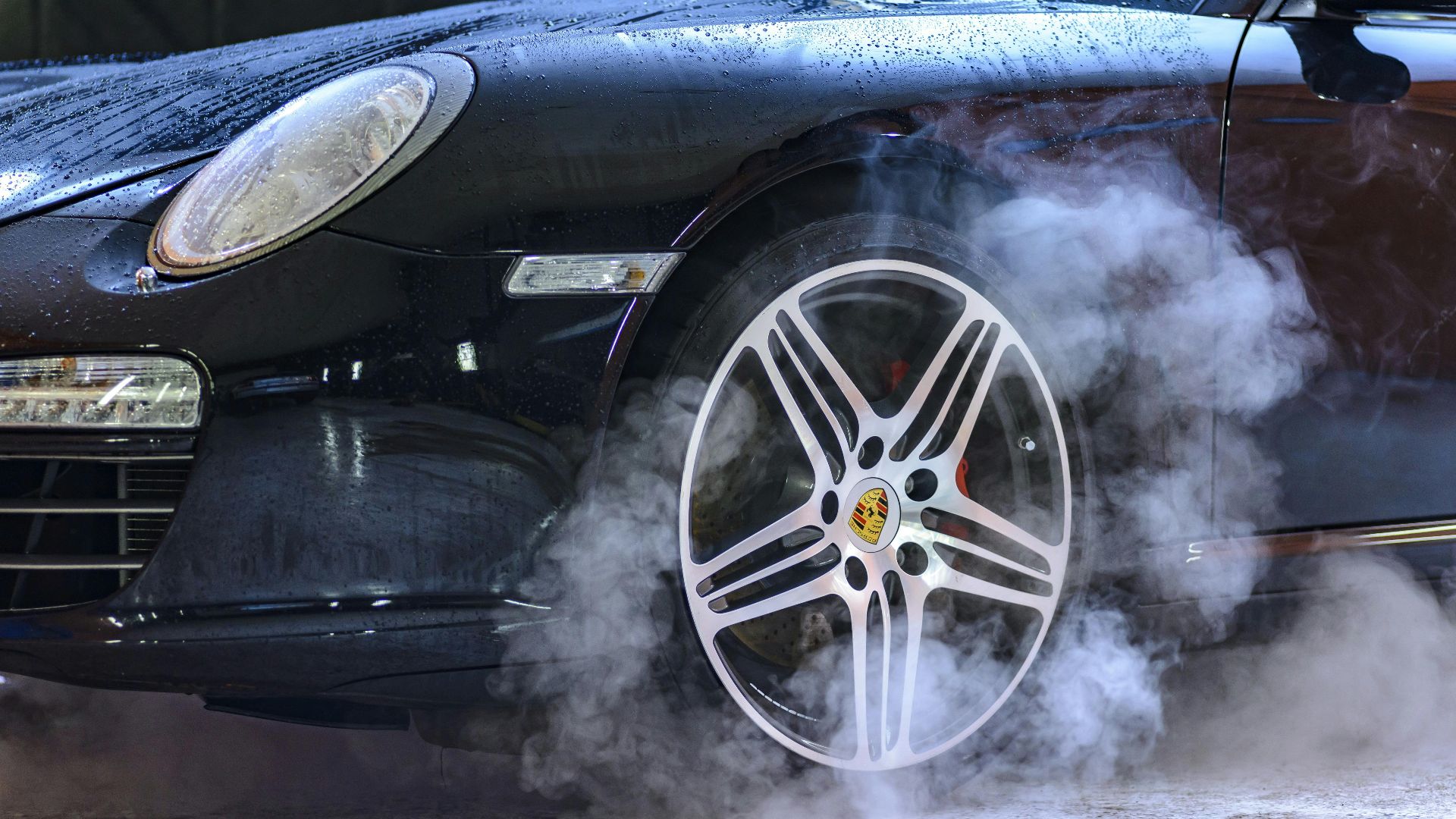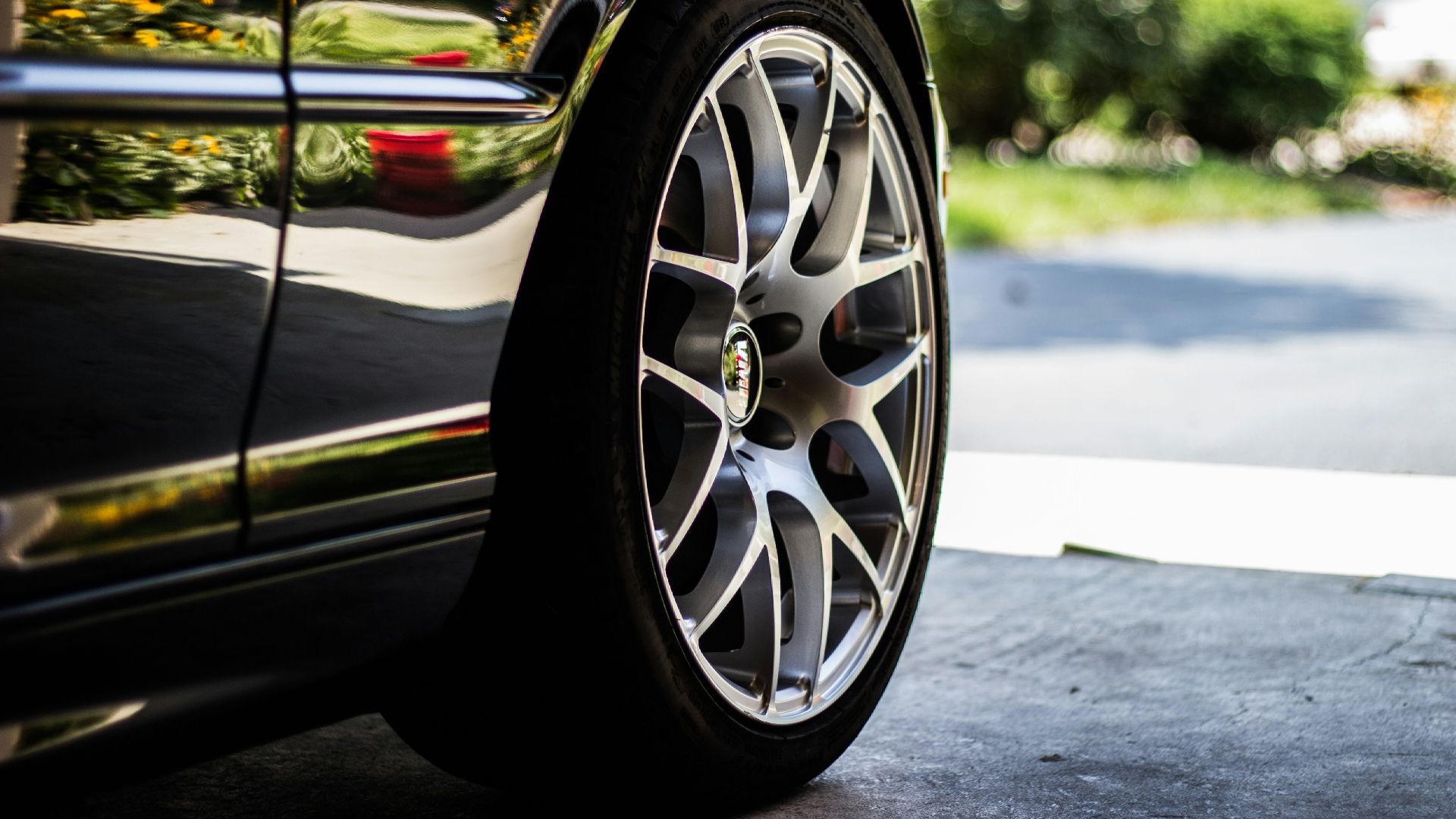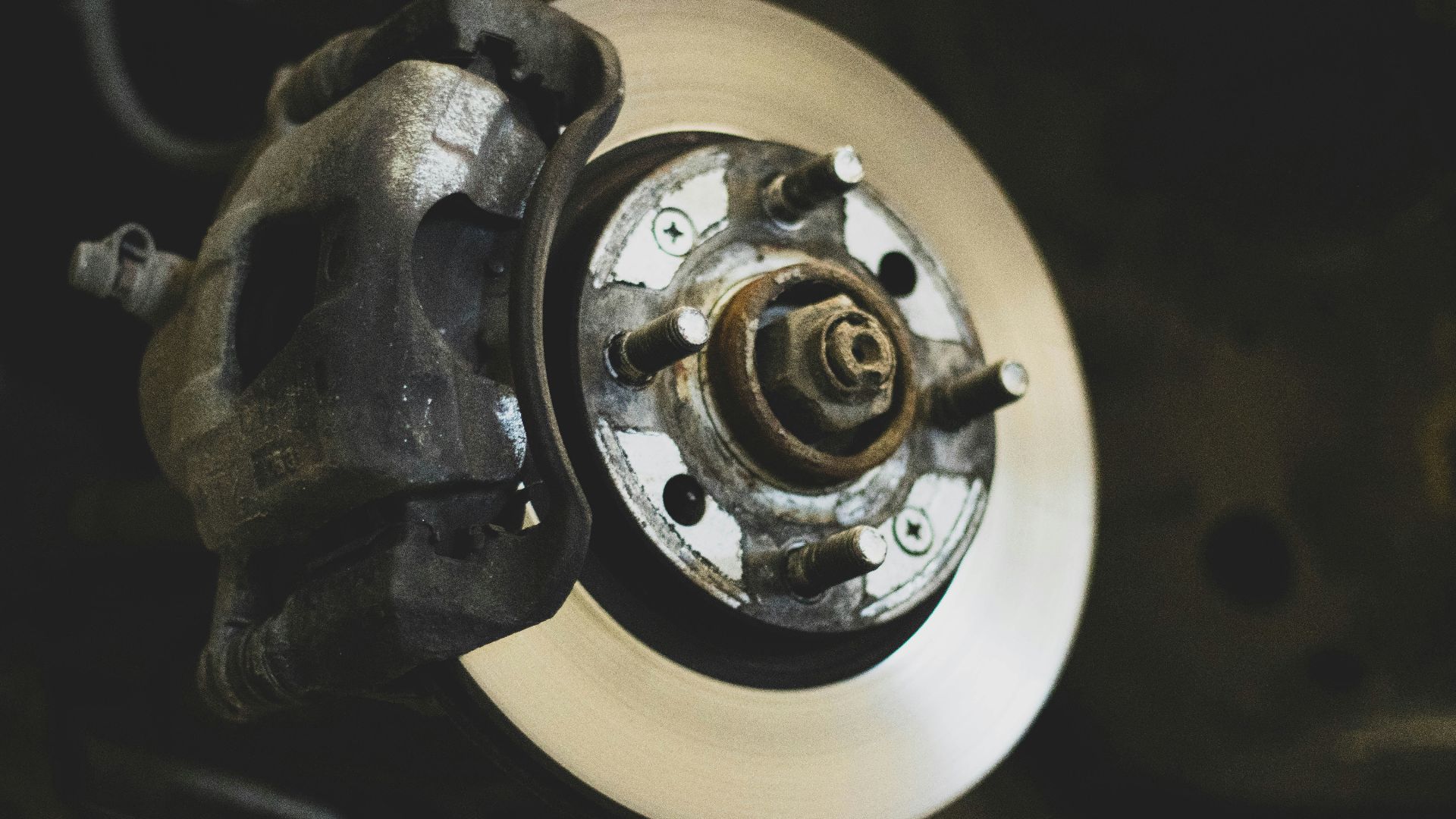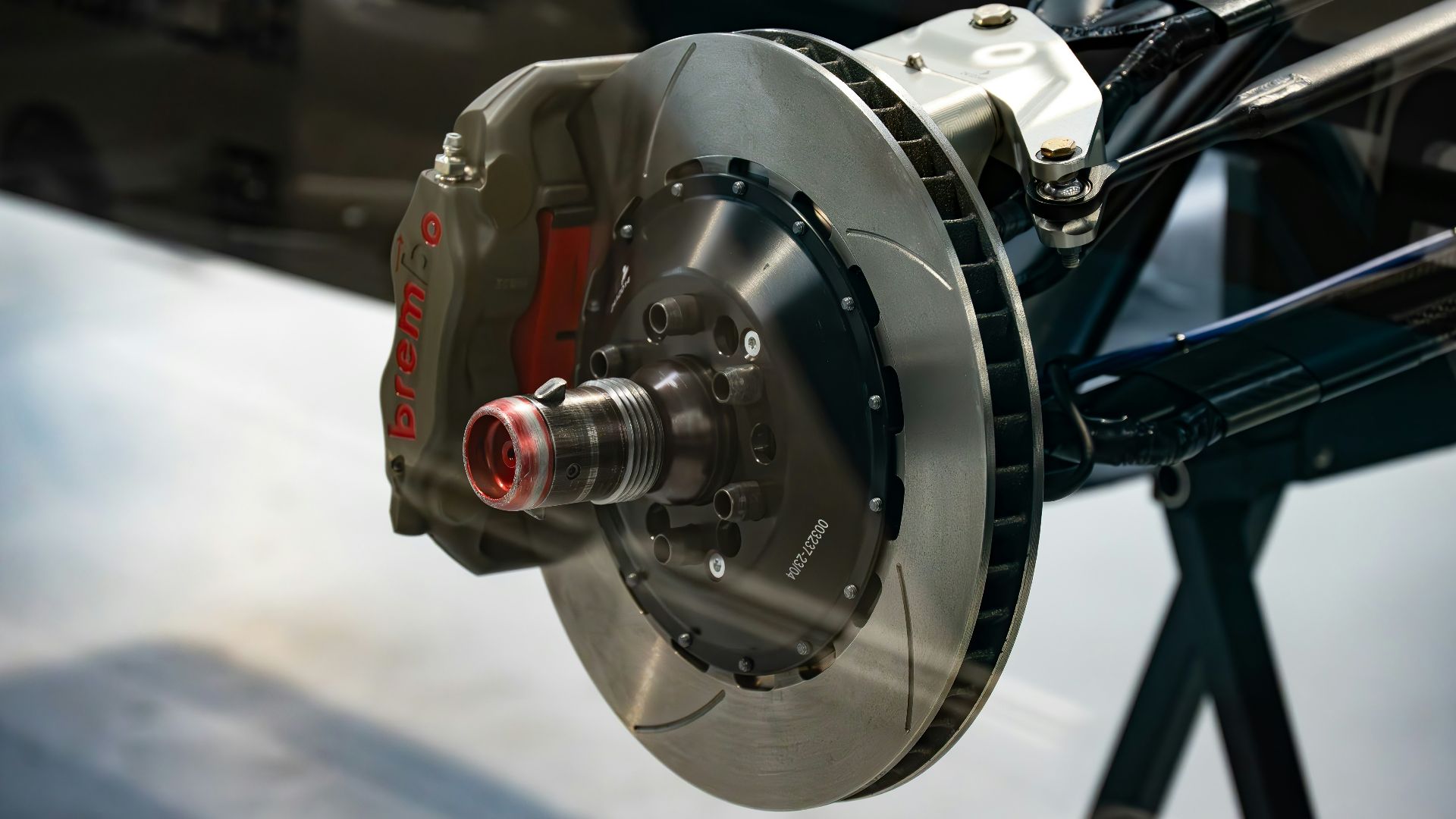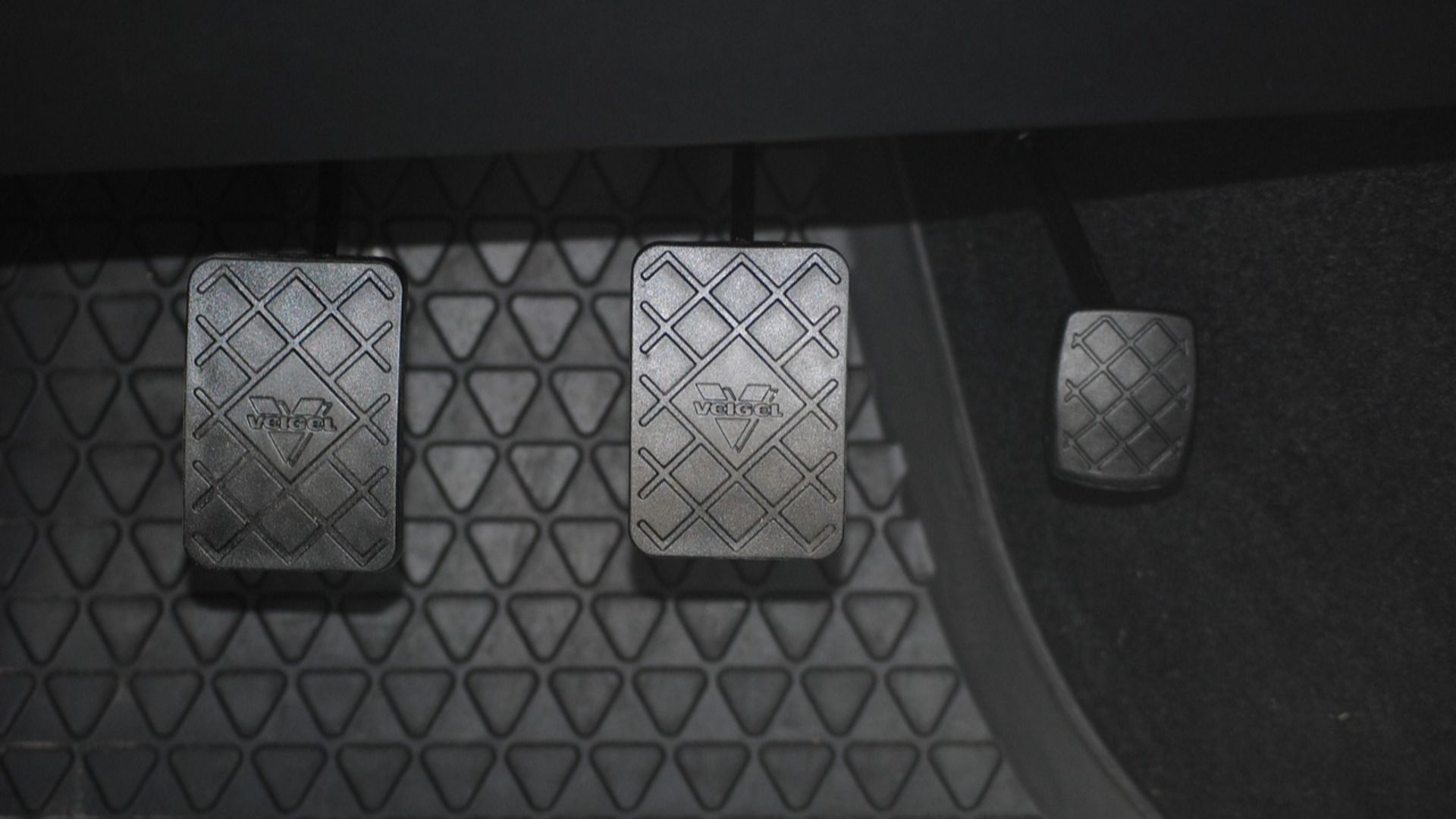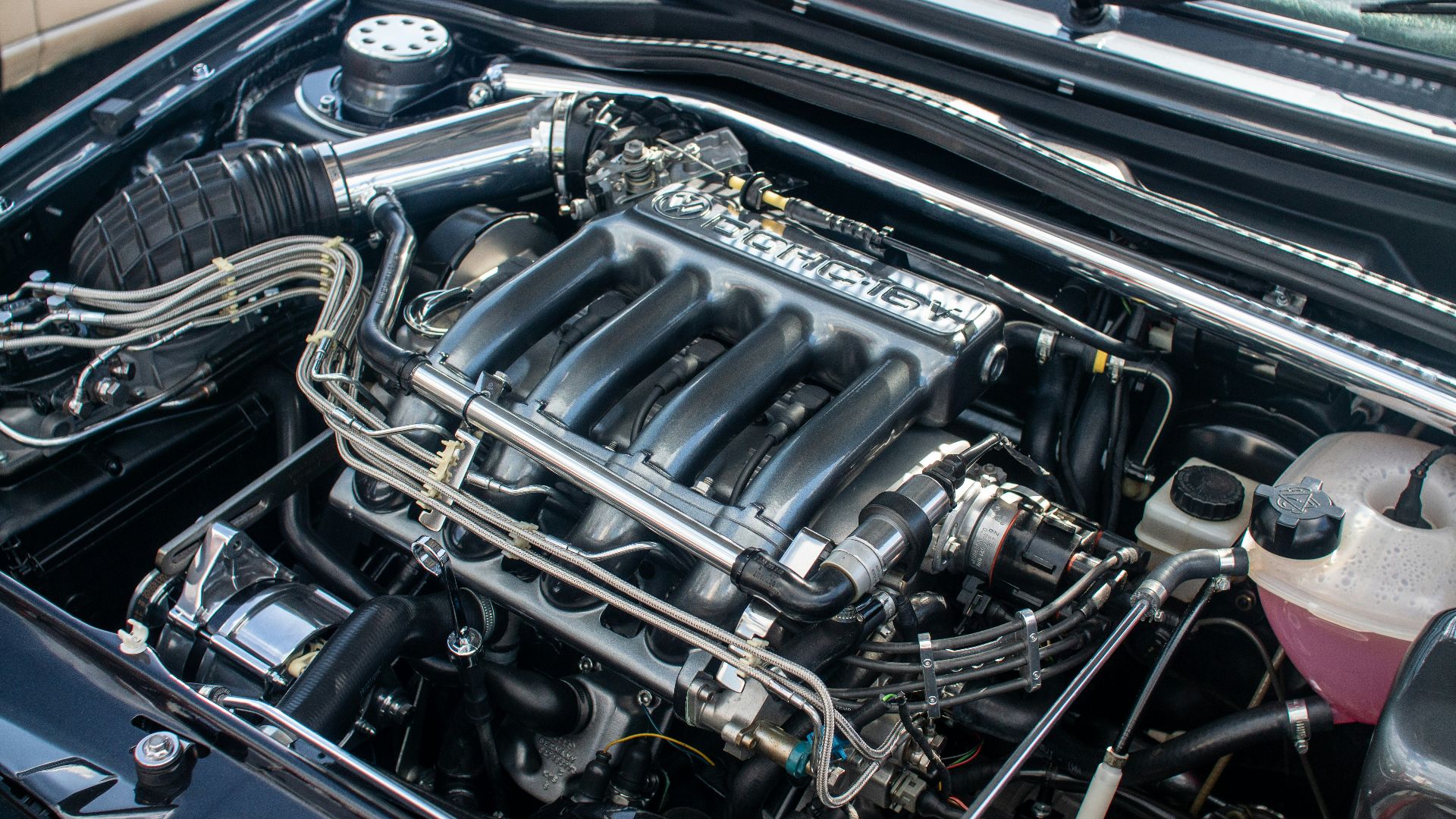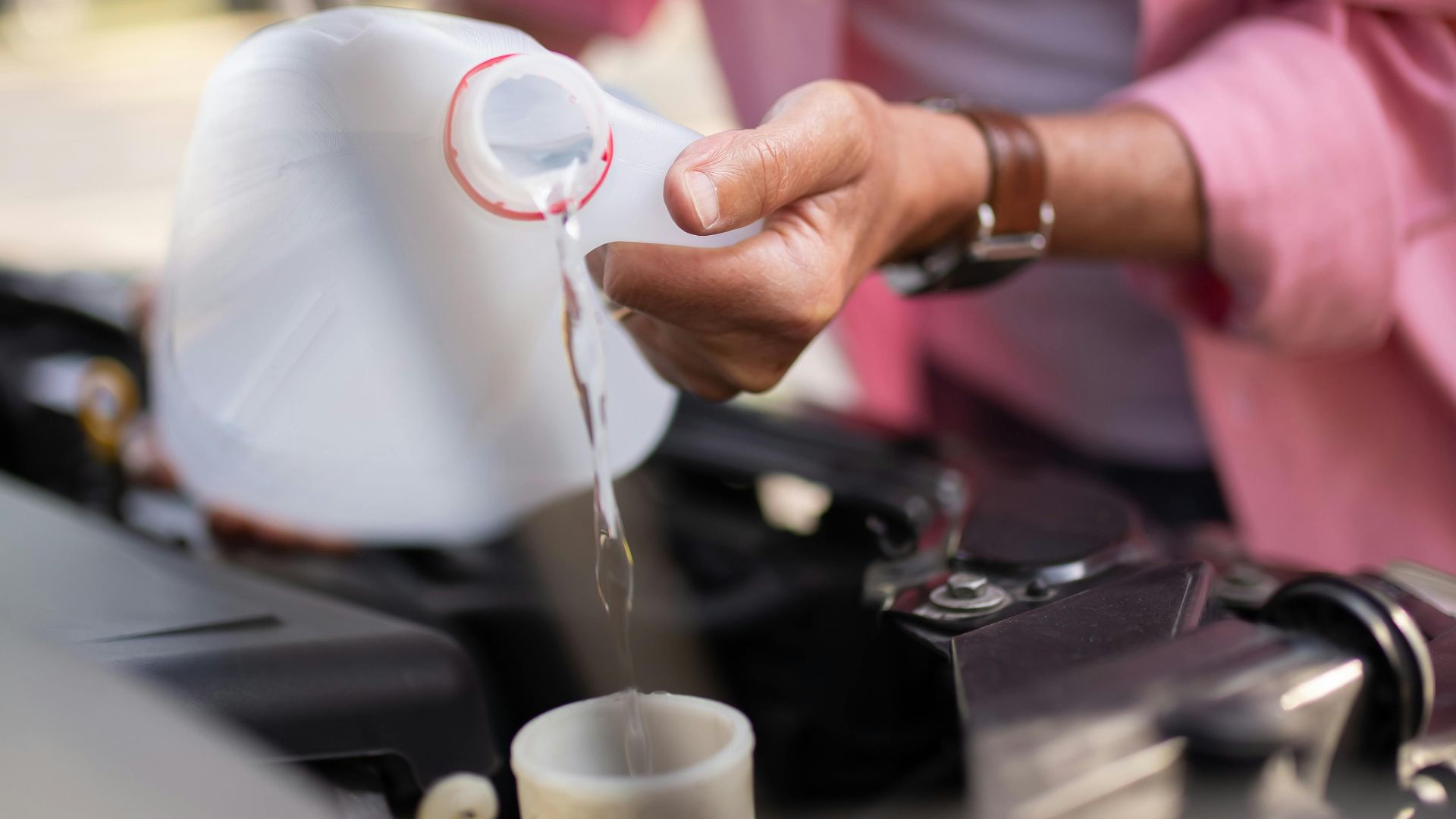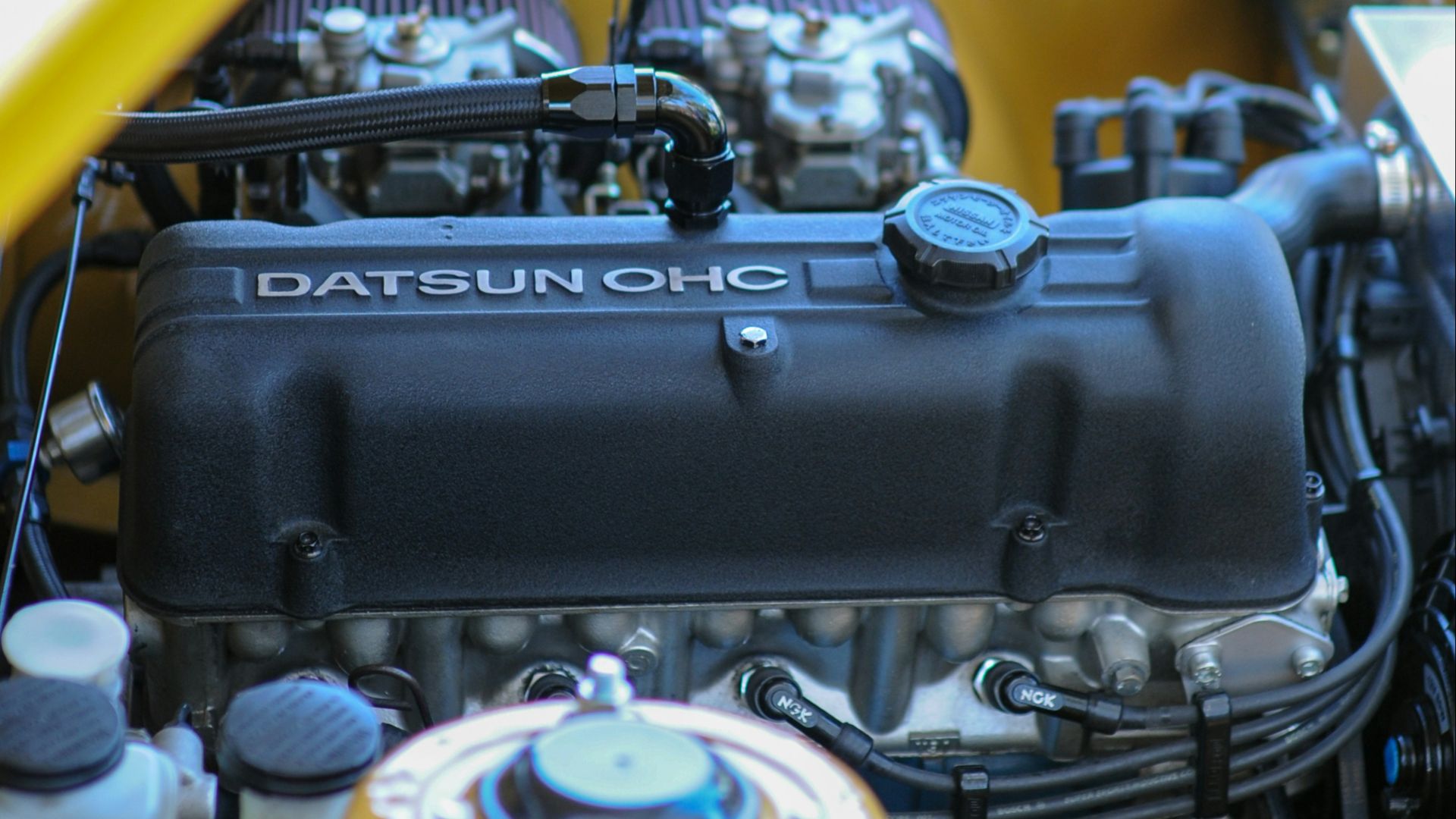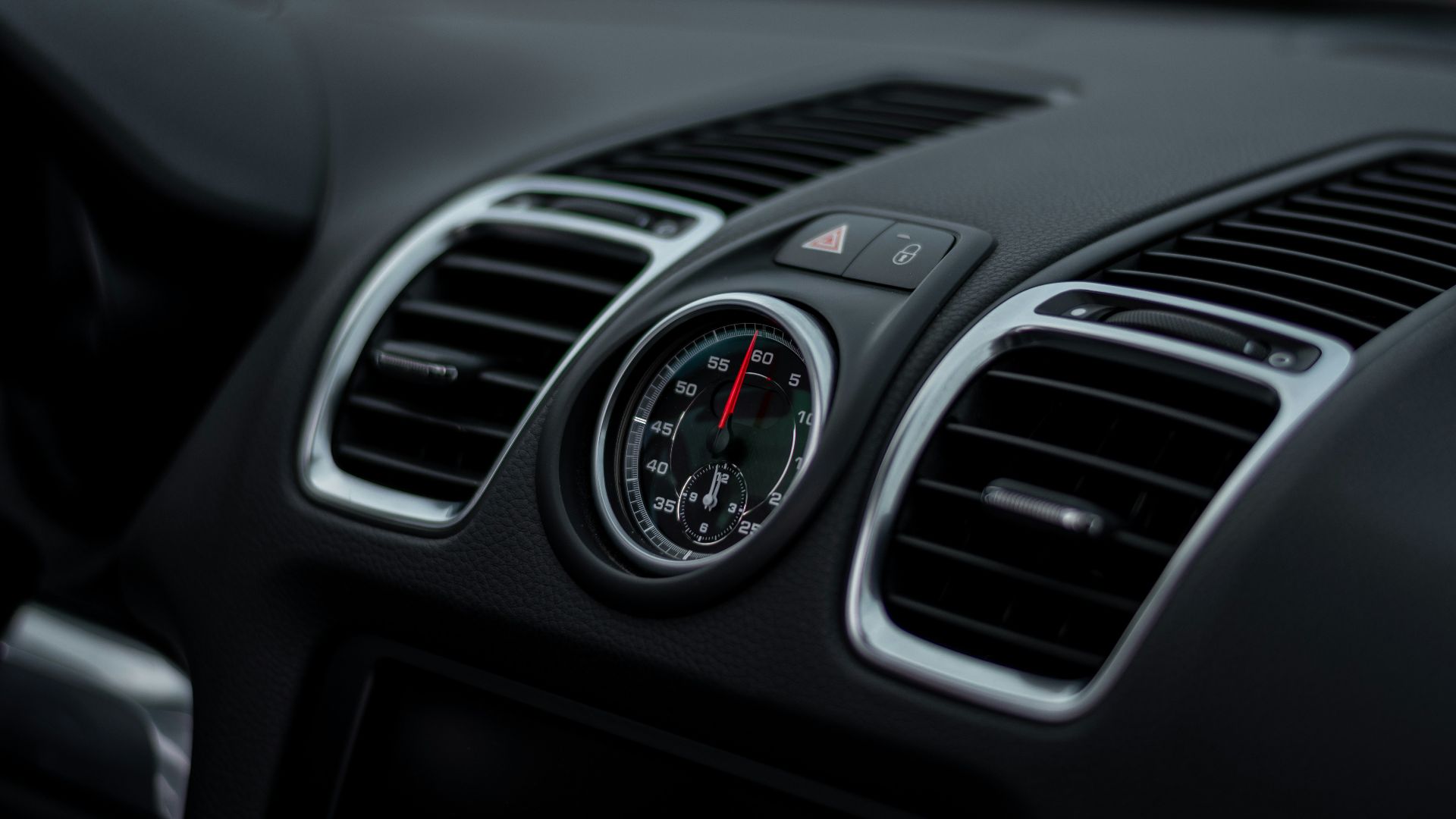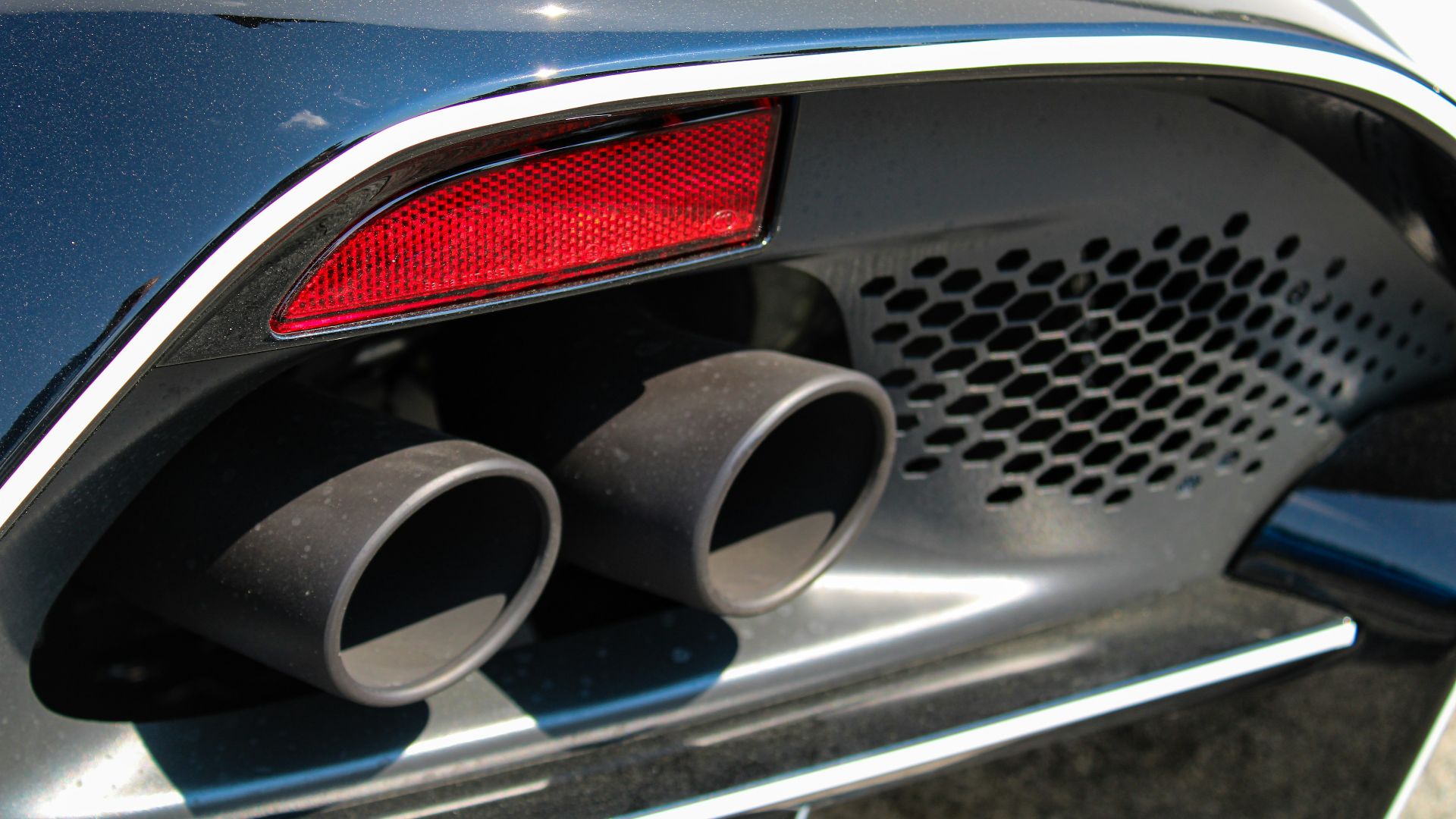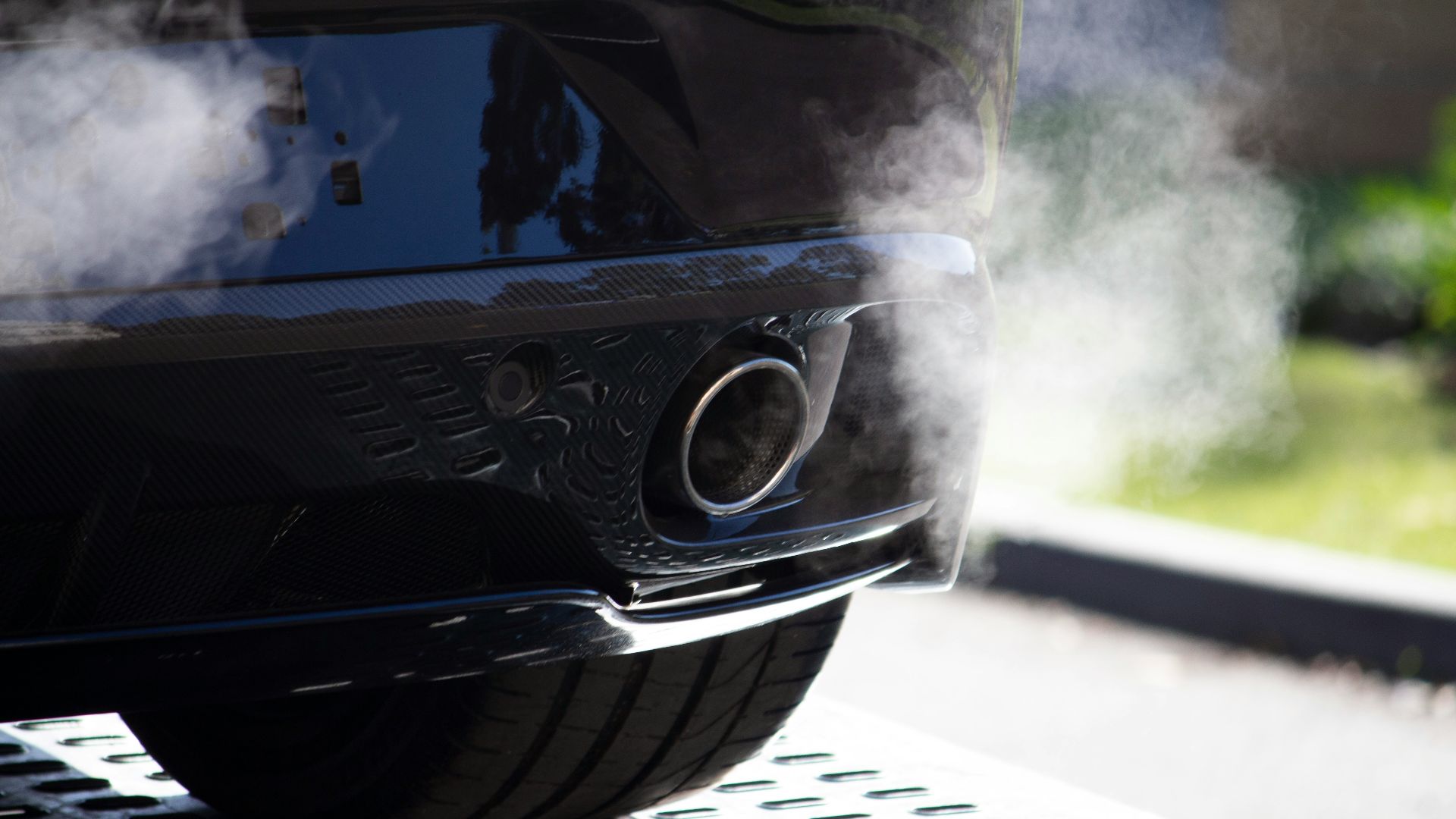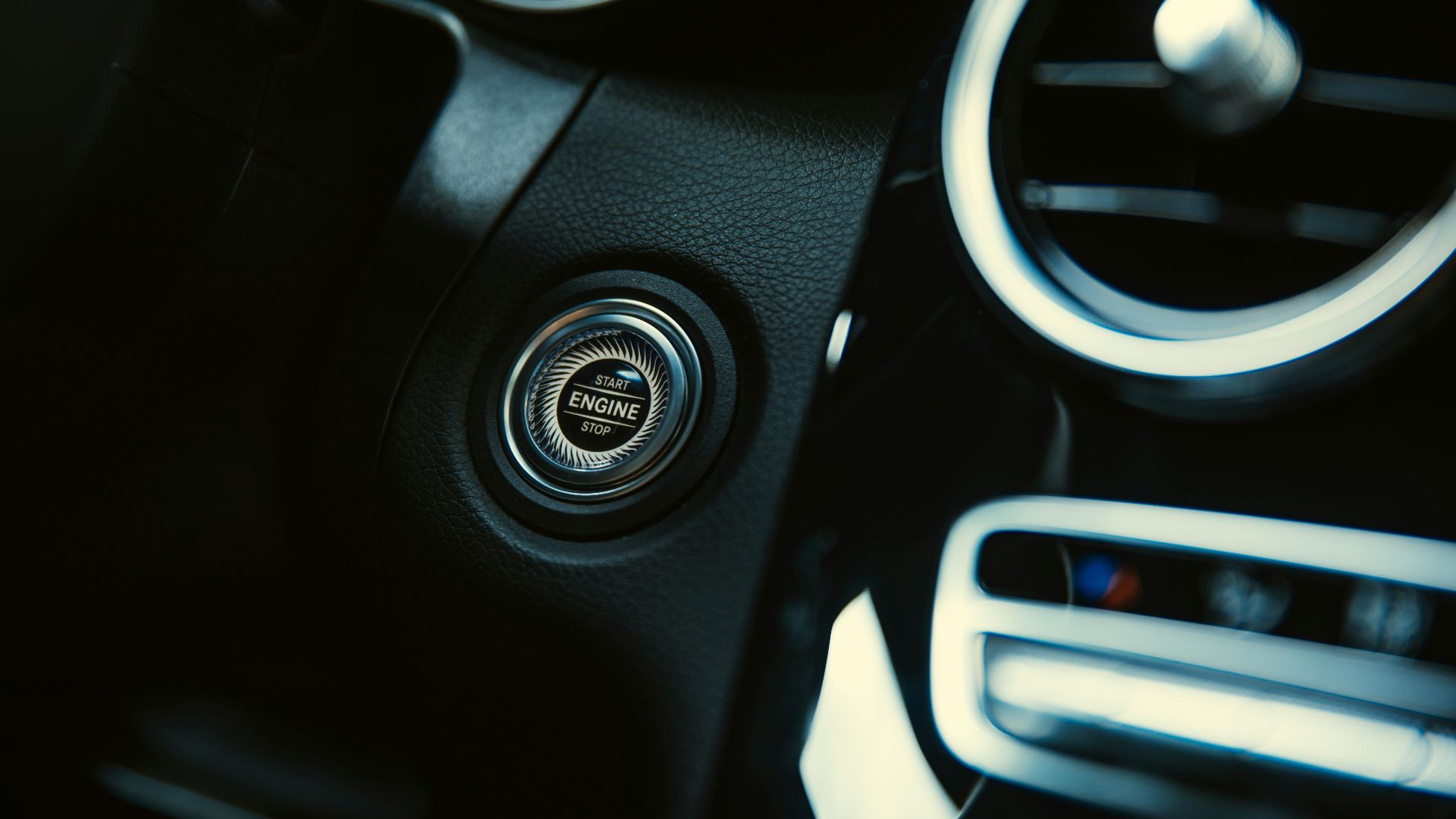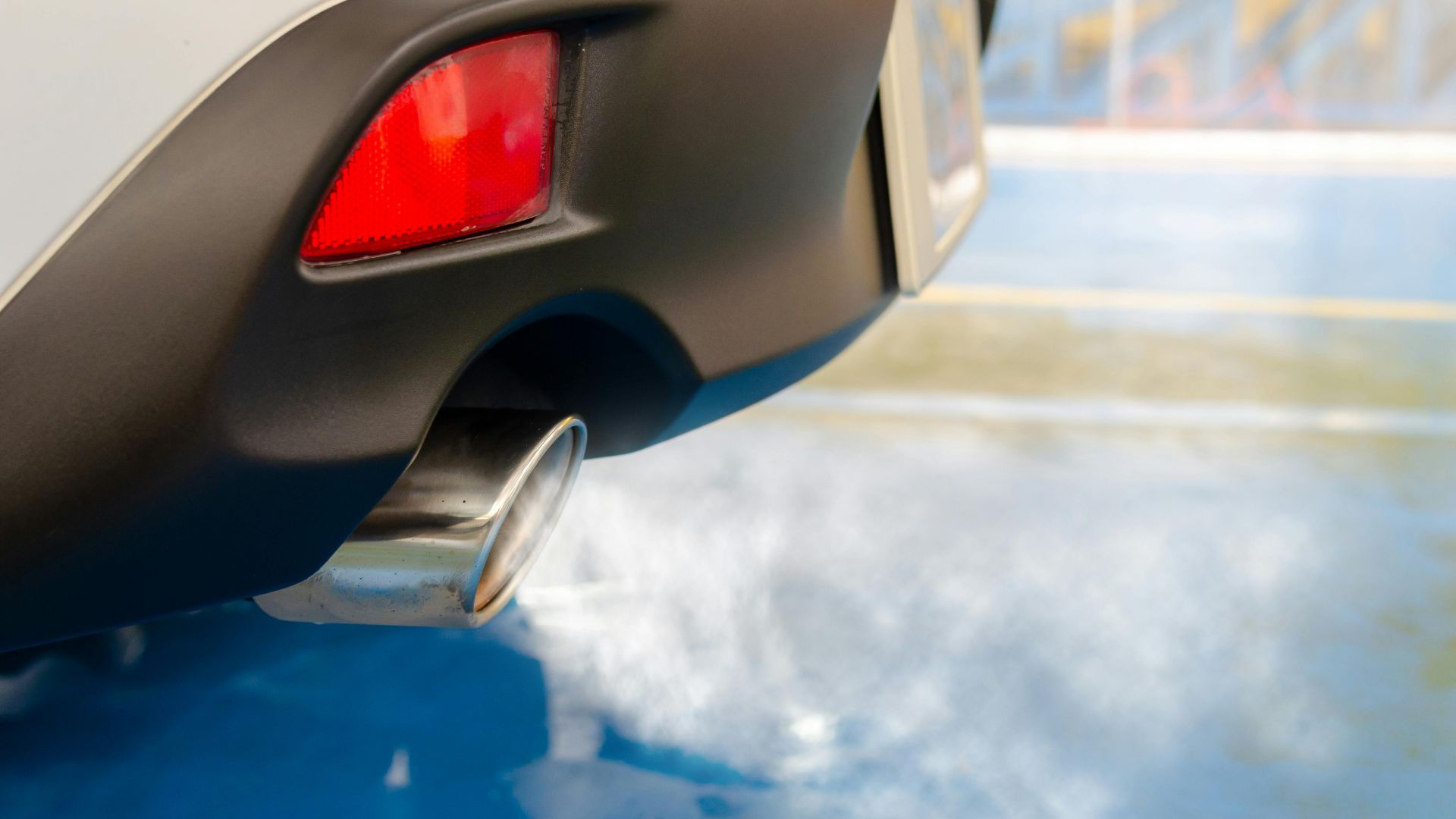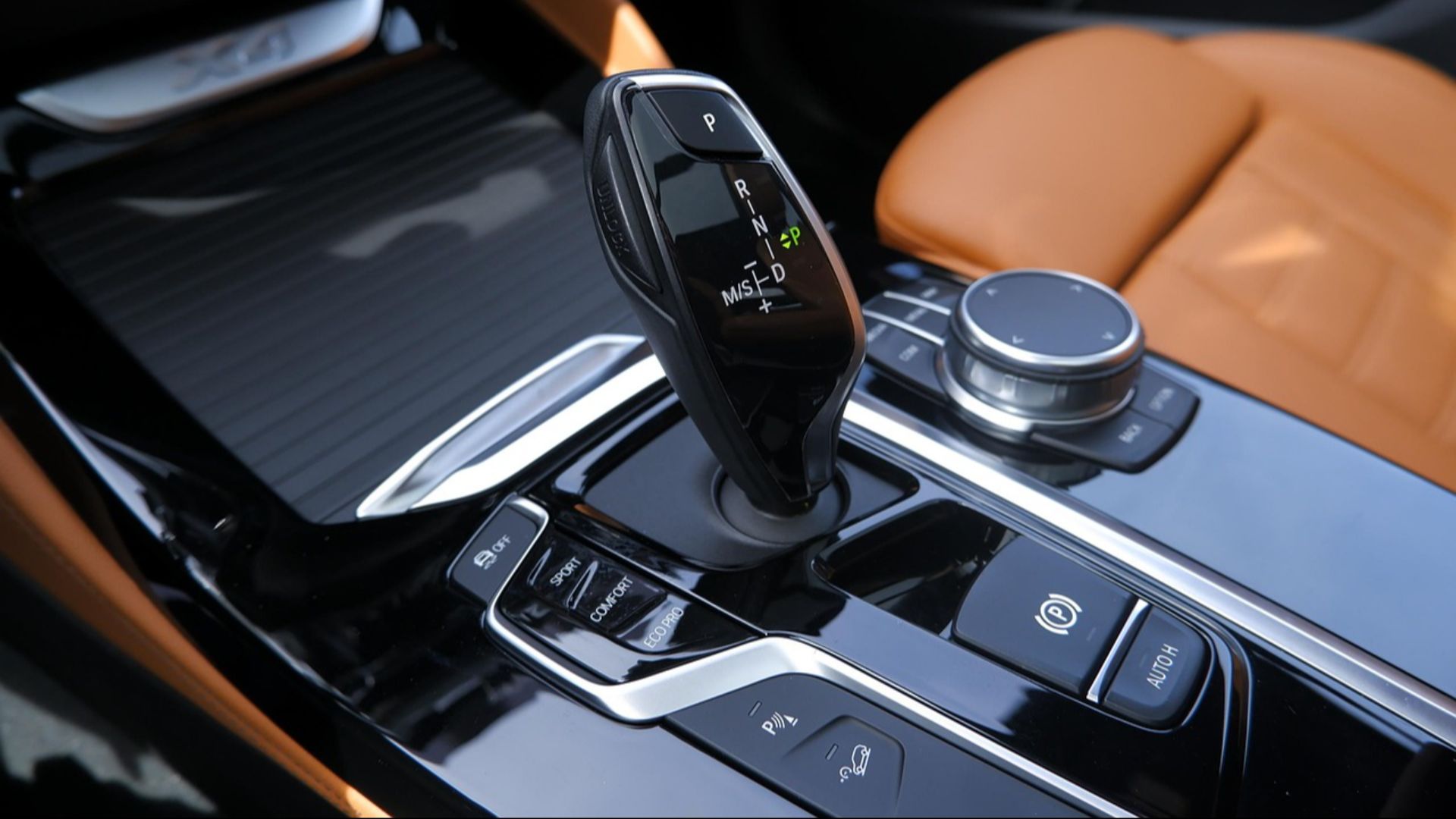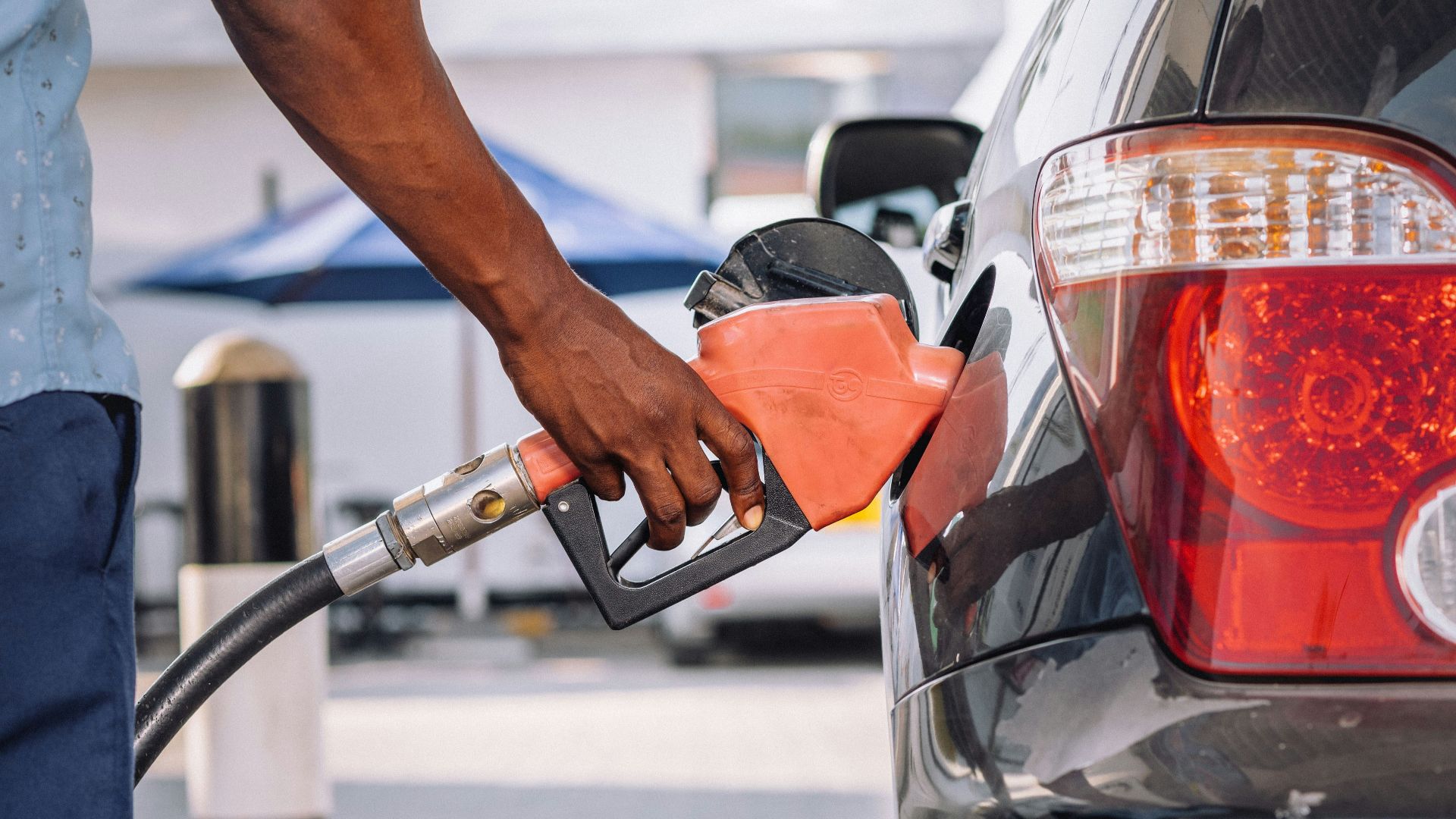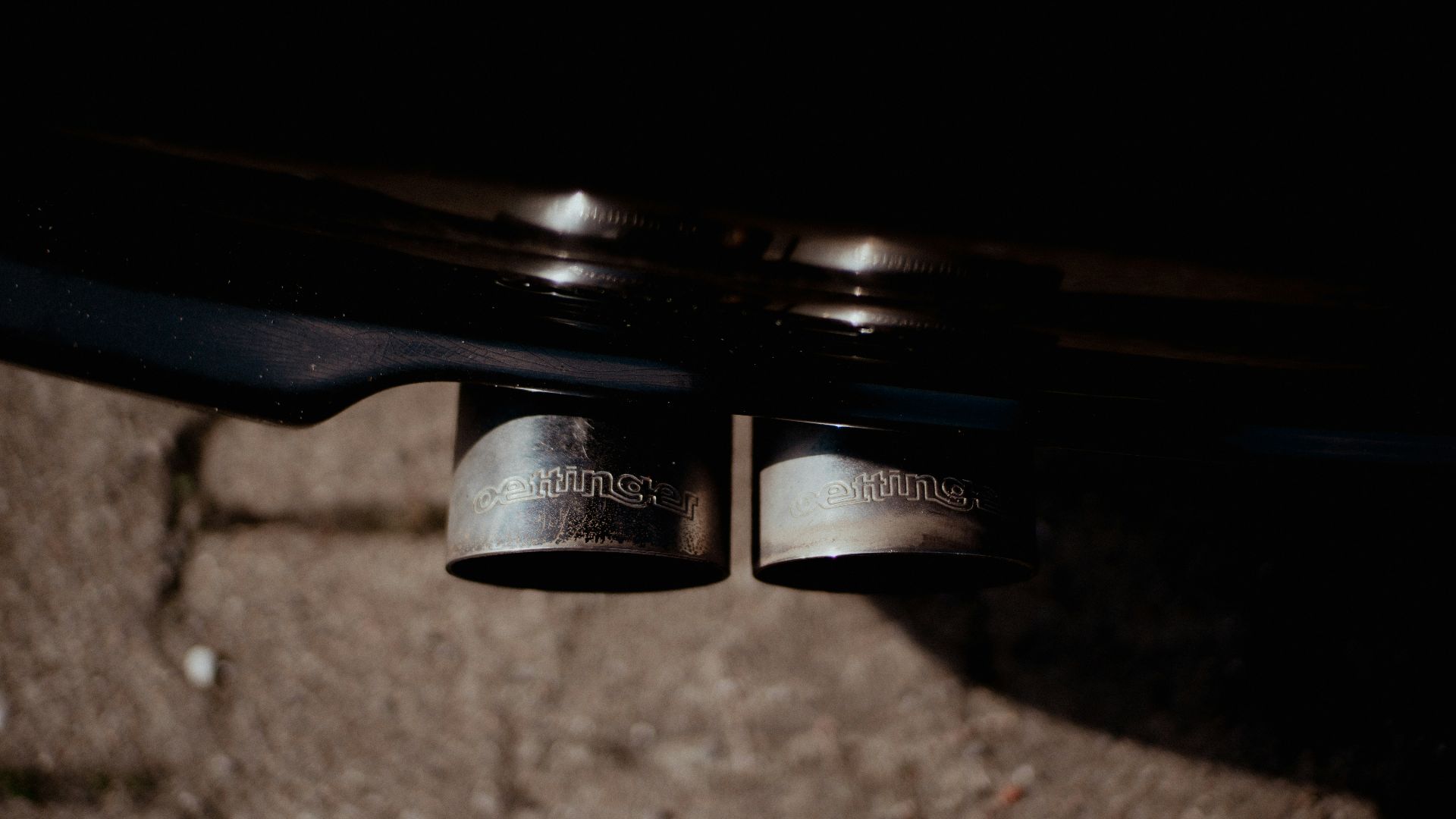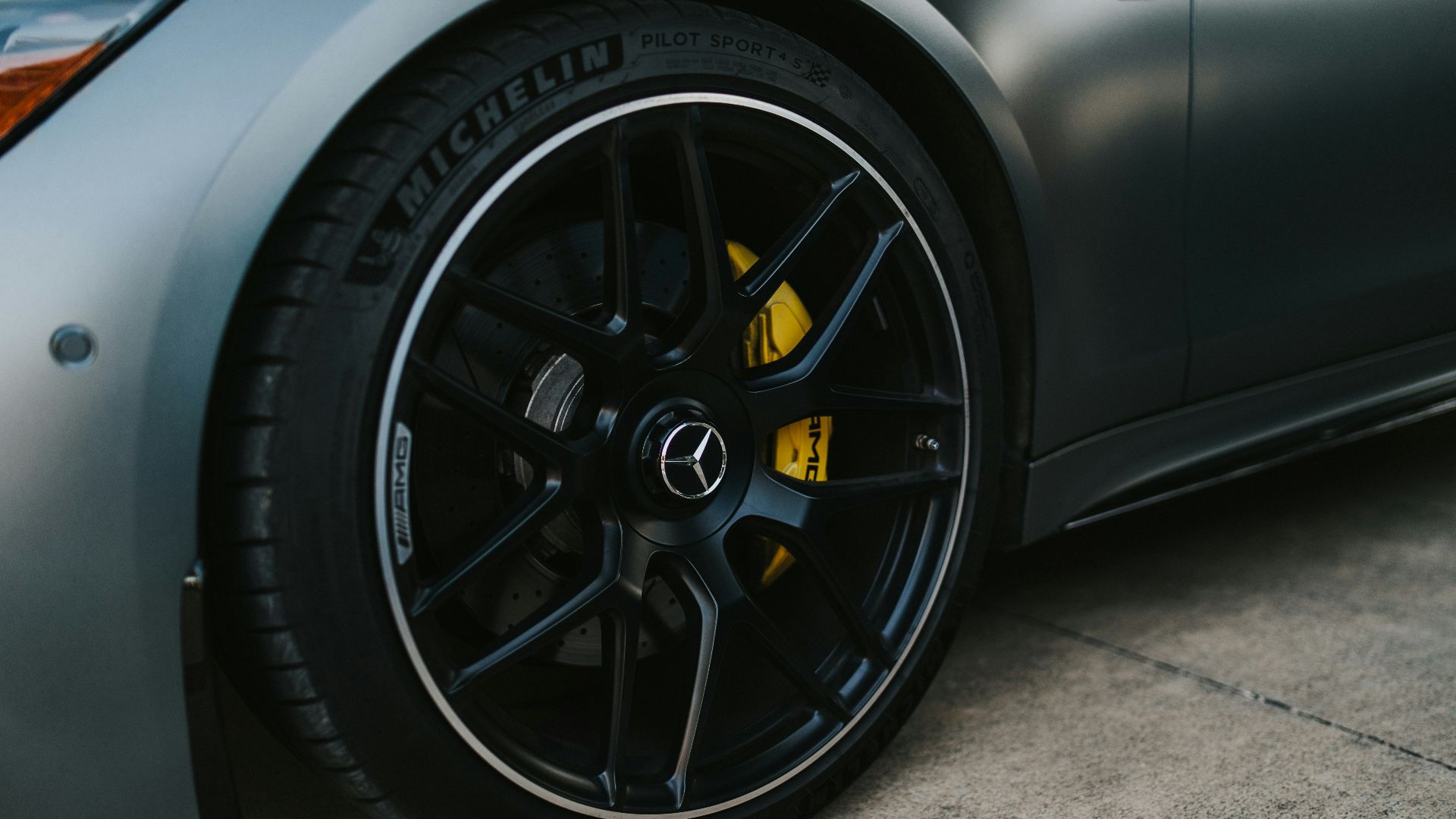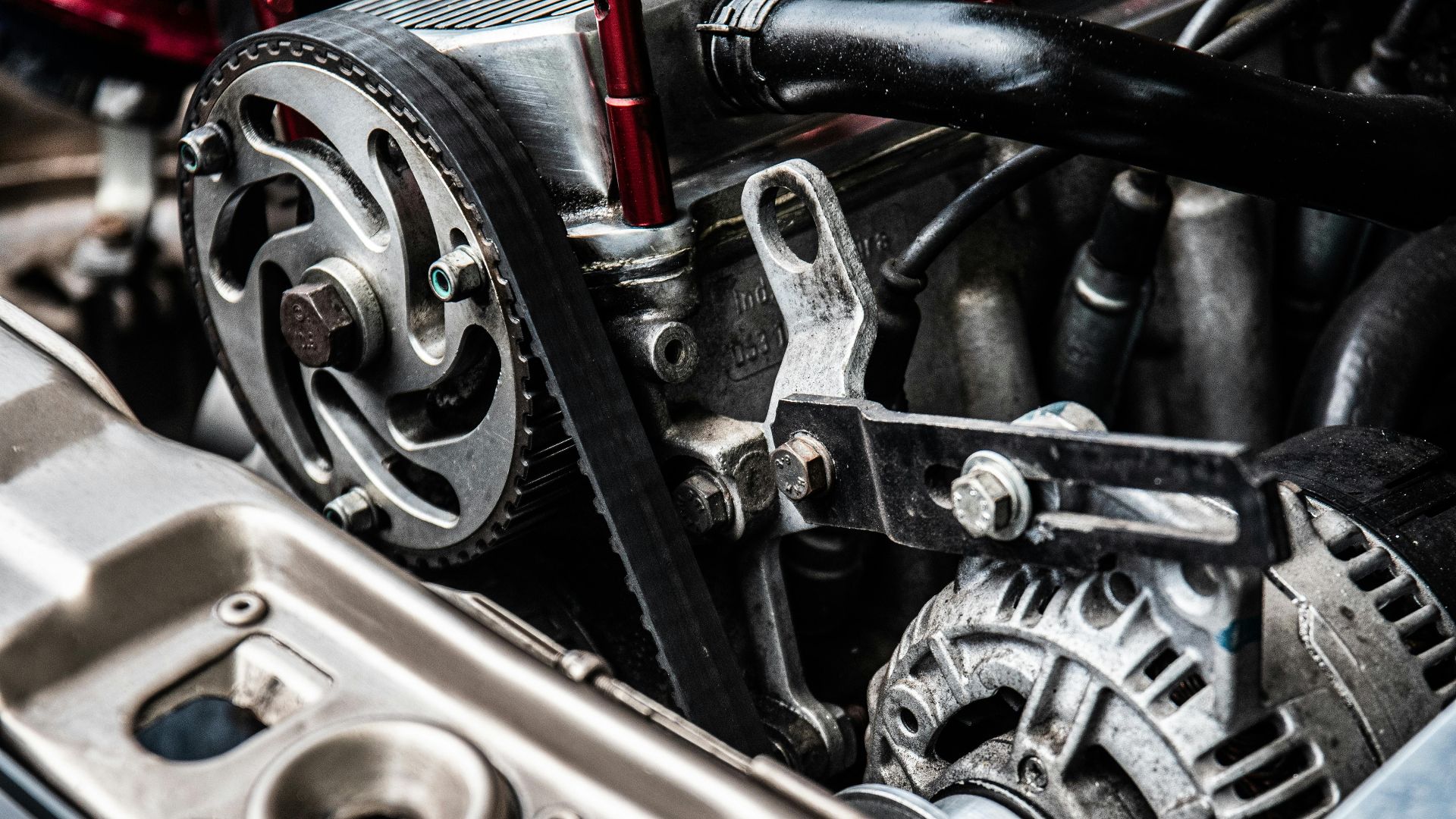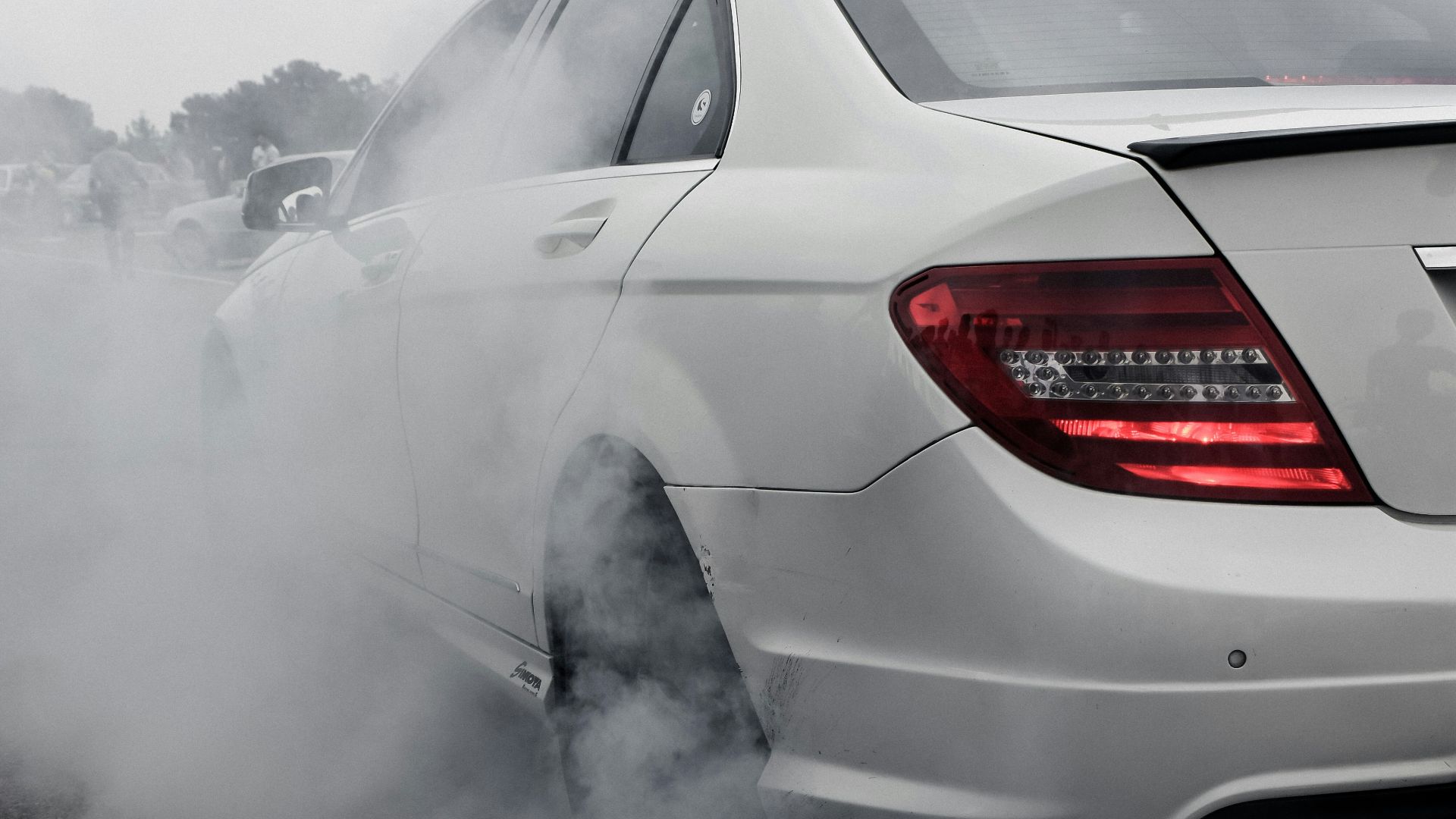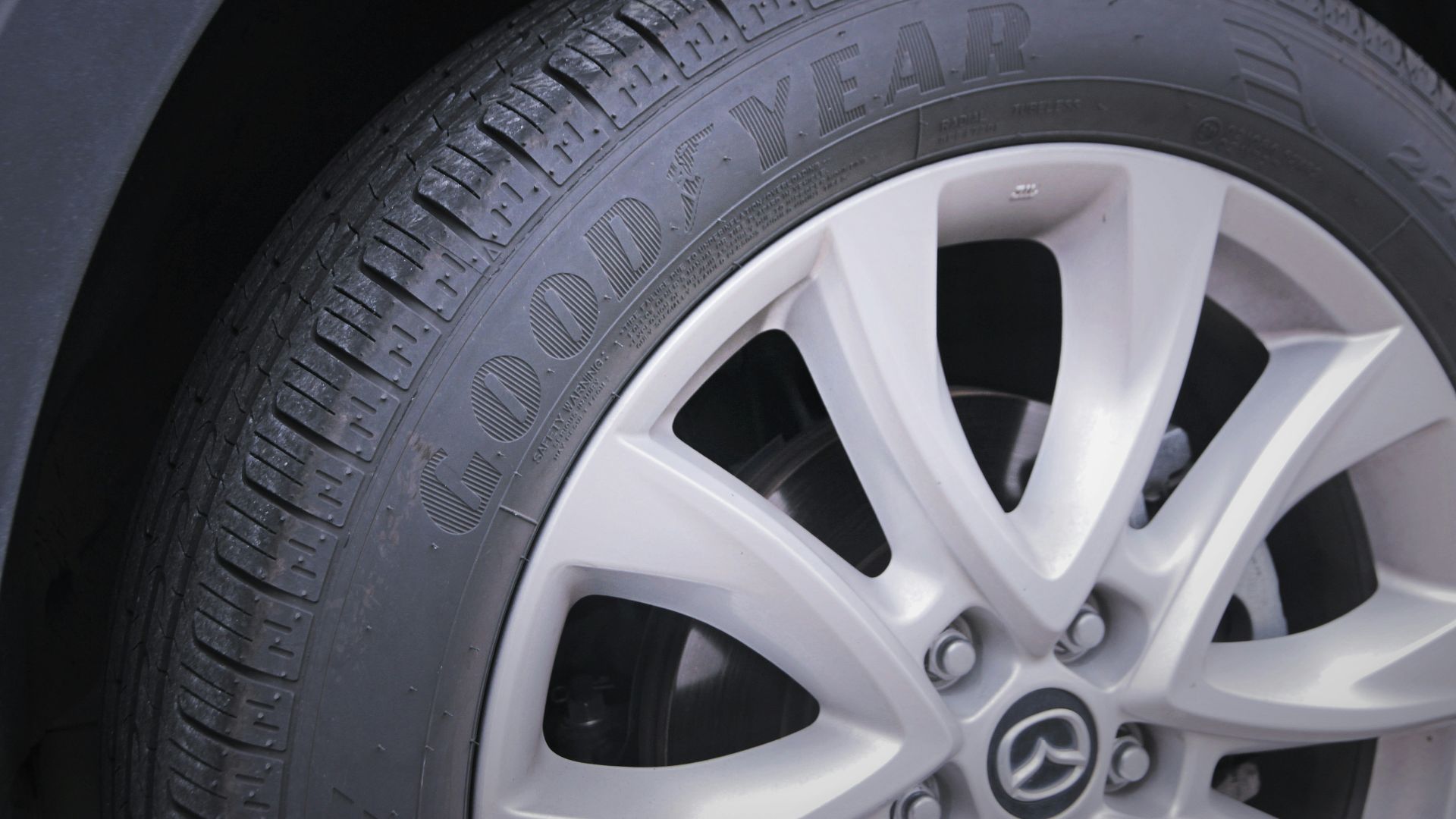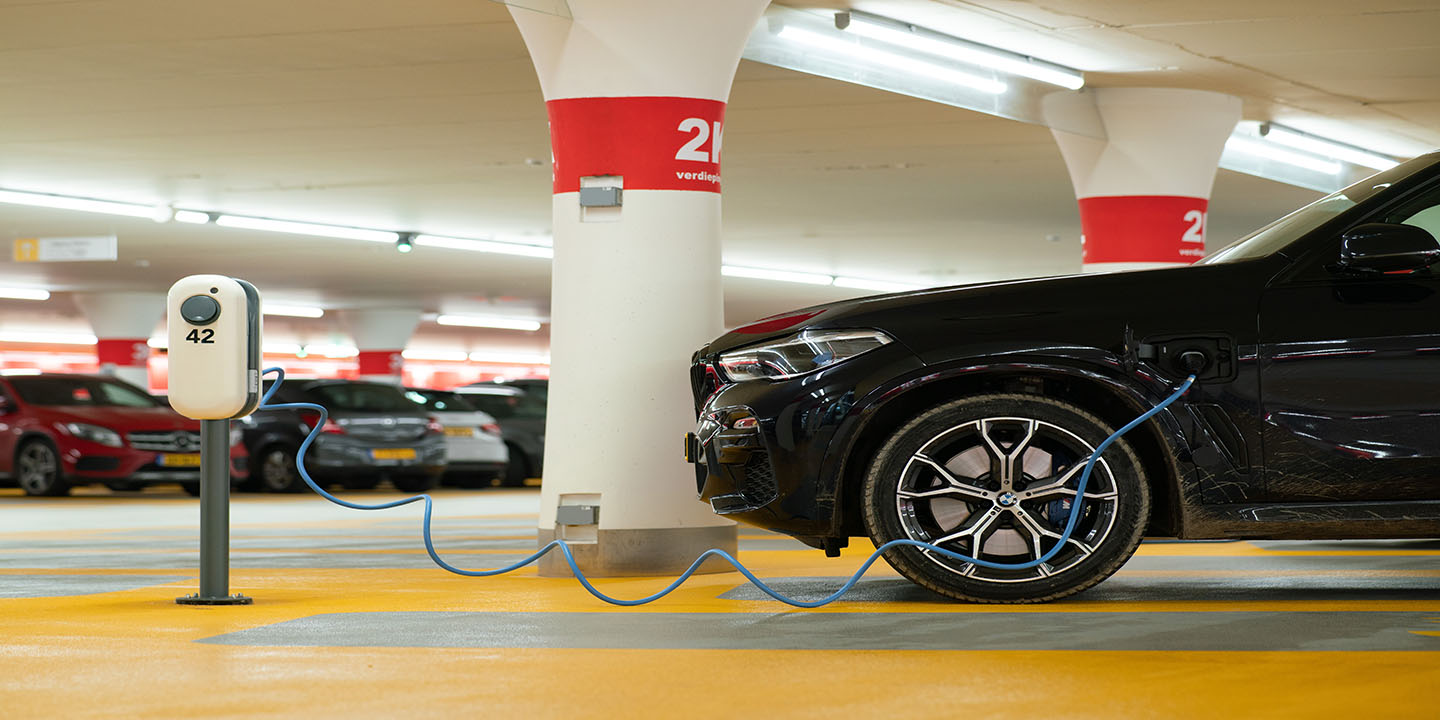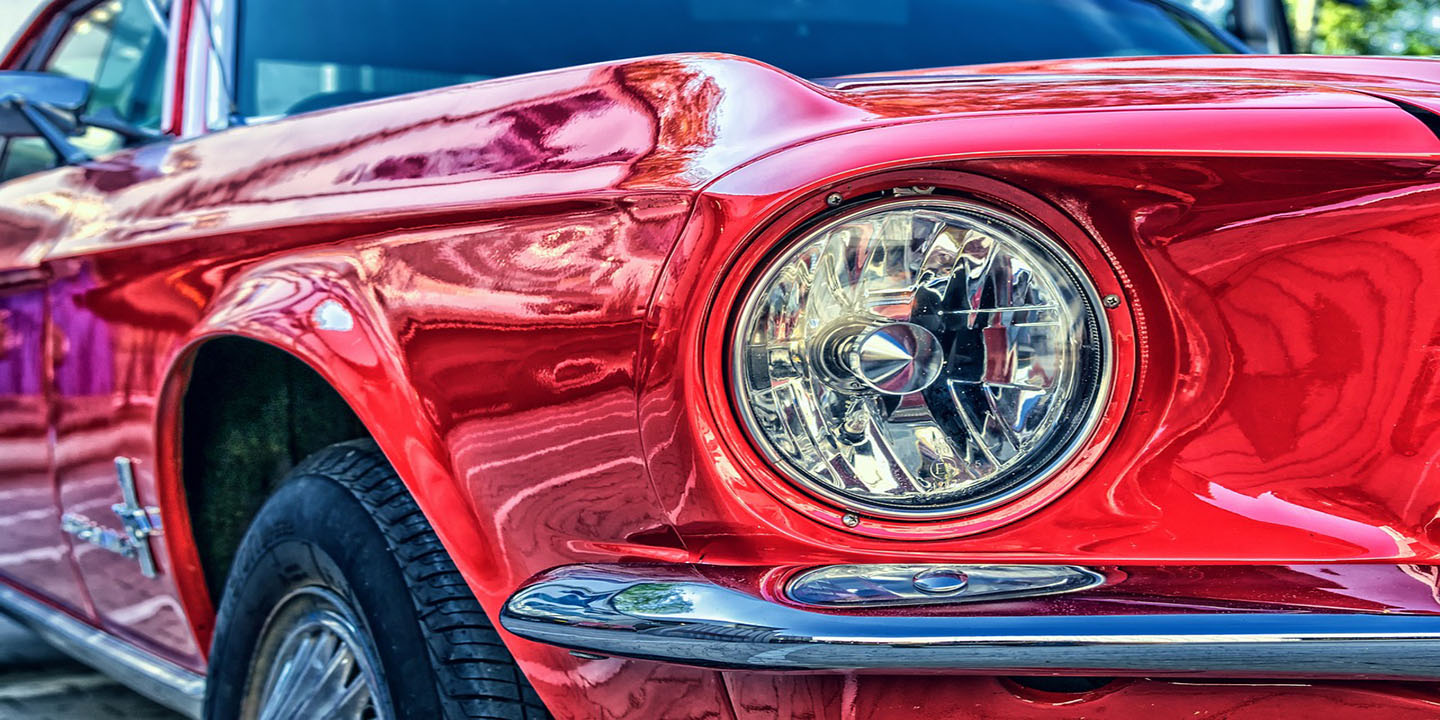Don't Ignore Your Car's Strange Sounds & Smells
What's that sound? Scratch that—what's that smell? While you might occasionally notice odd noises and odors coming from your vehicle, you should never just assume that it's nothing. Ignoring a grinding noise, for example, could lead to complete brake failure—and you'll see why. Here are 20 car smells and sounds you should never, ever ignore.
1. Smell: Burning Rubber
The second you smell rubber, you should suspect your tires; under-inflated wheels are the most common cause of a failure or acrid smell, after all. However, this unpleasant odor could also indicate that something is wrong with your engine, so it's always a smart idea to pull over as soon as possible.
2. Sound: Squeaking
Squeaking can be attributed to many things, but it's most commonly associated with worn-out brake pads. The friction causes them to make this squeaking noise. Make sure you get them checked out right away, or you'll be risking your and your passengers' safety.
3. Smell: Rotten Eggs
This one may or may not be coming from your passengers (you might want to ask to make sure), but before you immediately accuse them, throw suspicion on the catalytic converter. Designed to convert hydrogen sulfide—which smells like rotten eggs—into sulfur dioxide, the odor can escape if the system fails. Older cars are more likely to encounter this problem, as most modern vehicles don't have a catalytic converter.
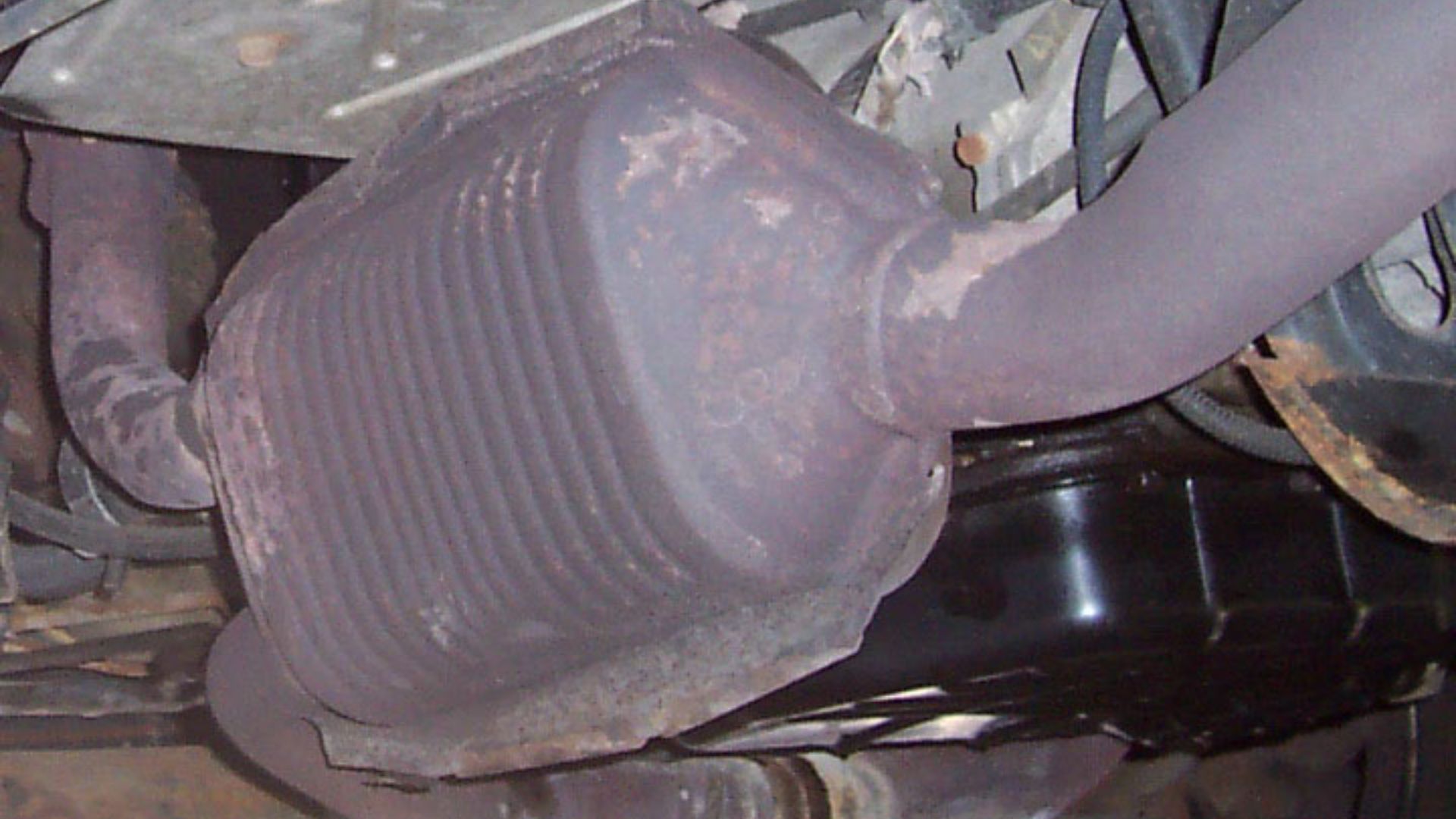 Ahanix1989 at English Wikipedia on Wikimedia
Ahanix1989 at English Wikipedia on Wikimedia
4. Sound: Grinding
If that squeaking noise we mentioned previously turns into a grinding noise? You're in trouble—that indicates there's metal scraping against metal. If you don't get it looked at, you can cause further, more serious damage and compromise your safety.
5. Smell: Burning Paper
Another burning smell you might encounter is a smoky paper scent. This often indicates a problem with your clutch, as the face of it is made with a paper-based material. If you tend to "ride" the clutch when you're shifting gears, you can eventually wear it out and cause it to overheat.
6. Sound: Hissing
Hissing could mean a punctured tire or, if it's coming from under the hood, could indicate an engine problem. In the latter scenario, the sound could be the result of an oil or coolant leak. It may also be due to the hoses around the engine causing a vacuum or air leak.
7. Smell: Sweet Syrup
Unless you have maple syrup in the car with you, be extremely wary and alert if you sniff out this scent while parked or when you've just started the engine. This odor typically means your coolant—which cools your engine—is leaking. If you don't get it immediately checked out, your engine could overheat and become damaged, which would make for a costly repair.
8. Sound: Knocking
If you hear a knocking sound coming from the engine, it could either mean you've used the wrong grade of fuel for your car (such as using lower octane gasoline than recommended by your car manufacturer) or something more serious, like damaged rods or faulty spark plugs. It's important to have it looked at before it gets worse.
9. Smell: Mildew
If you crank on the air conditioning during a hot summer day, and you're met with not just a blast of cool air but a musty, mildew smell, it might indicate that the system has been plugged with dust and debris, or moisture has collected inside of it. Either way, it's bad news for you and your passengers to breathe it in, even if it might not damage your car.
10. Sound: Rattling
A rattling noise can either be a tire problem (moisture leaking into the joints, causing them to rot) or, more commonly, an exhaust issue, such as heat shields coming loose or a corroded pipe. If it's minor, you can likely fix it yourself, but it's probably better to have it looked at to make sure you don't miss anything.
11. Smell: Fumes
If you smell exhaust fumes, you should immediately pull over. This odor usually indicates there's a problem with your exhaust pipe, such as corrosion, causing it to leak. Its fumes contain carbon monoxide, which is extremely dangerous if it seeps into the cabin.
12. Sound: Clicking
If you hear a clicking sound and your car isn't starting, the problem lies with your battery. If it emits this noise while driving, especially when accelerating? It could indicate there's an issue with your engine and it may be low on oil.
13. Smell: Burning Plastic
As soon as you smell burning plastic, pull over. Do a visual check to ensure there's nothing caught under your car, like a plastic bag, which could have then melted due to the heat. This acrid odor may also indicate a component is overheating, or point to an electrical issue, which is why it's never safe to continue driving.
14. Sound: Whining
If you hear a whining noise while you're driving, it could be your kid—or your transmission. Significant wear and tear or failure could cause this sound, so if you're ever met with an odd noise while shifting gears, it's a sign to have a professional examine it.
15. Smell: Fuel
If you smell fuel while driving, it could indicate that there's a leak. A recent trip to the gas station might explain this away, especially if you accidentally spilled some around or on your car, or forgot to properly shut your gas cap. But this smell could also point to something more dangerous, so you should never ignore it.
16. Sound: Loud Exhaust
One responsibility of the exhaust system is to stifle excessive noise produced by the engine—that's where the muffler comes in. If something compromises the system, it can be noticeably loud, and you'll want to get it fixed right away. This sound may also sometimes indicate a leak.
17. Smell: Burnt Carpet
Smelling burnt hair or carpet? Instead of suspecting the mats under your feet, you should direct your attention to your brakes. When they get overheated and worn out, they can emit an unpleasant odor, indicating that you need to get them checked. Faulty brakes could lead to complete failure and loss of control.
18. Sound: Squealing
Unless you have a pet or a child in the car with you, a squealing sound usually indicates a worn-out serpentine belt. This belt snakes around necessary components in your engine—such as the alternator, power steering pump, air conditioning compressor, and others—and provides them with power. If it breaks, you'll be left stranded, so don't ignore this noise if you hear it.
19. Smell: Metallic
A metallic smell could indicate a number of things, from engine issues to overheating brakes; after all, iron, steel, aluminum, and copper are just some of the main materials used to manufacture cars. But even if you can't immediately pinpoint where the odor is coming from, as soon as you notice it, pull over.
20. Sound: Tire Noise
You might not immediately notice it when your tires make an odd noise, especially when you're already accustomed to it. But it's worth seeking a second opinion from friends or family, especially if you hear any humming or grinding. These sounds may indicate damage, misalignment, suspension issues, or, even more concerning, a brake failure.


